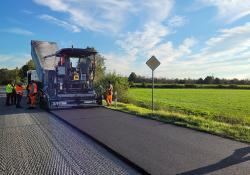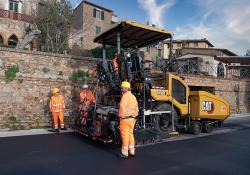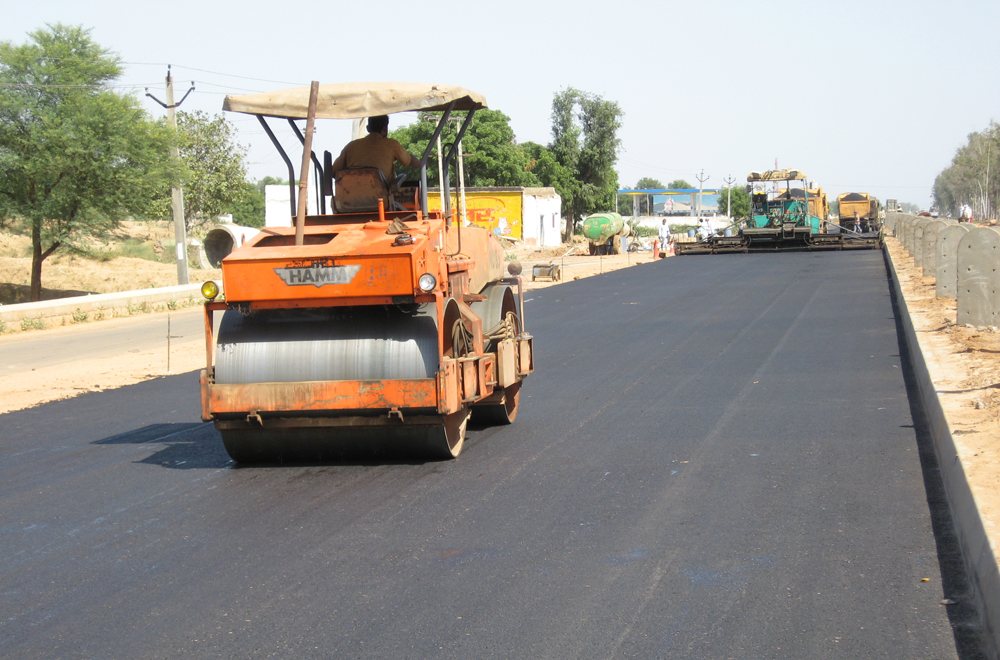
Buoyed by the recent past success of road project implementation, India’s Union Ministry of Road Transport and Highways has gone on to set very ambitious targets. Under this, National Highways Authority of India (NHAI) aims to develop 65,000km of National Roadways project under the Bharatmala Programme. The design and planning work for 40,000km of roads is now being carried out, while tendering process of additional 4,500km is underway. In addition, there are plans for awarding 20,000km of projects during fiscal year 2020-21. For this period, the target is to complete from 12,000-13,000km of road projects.
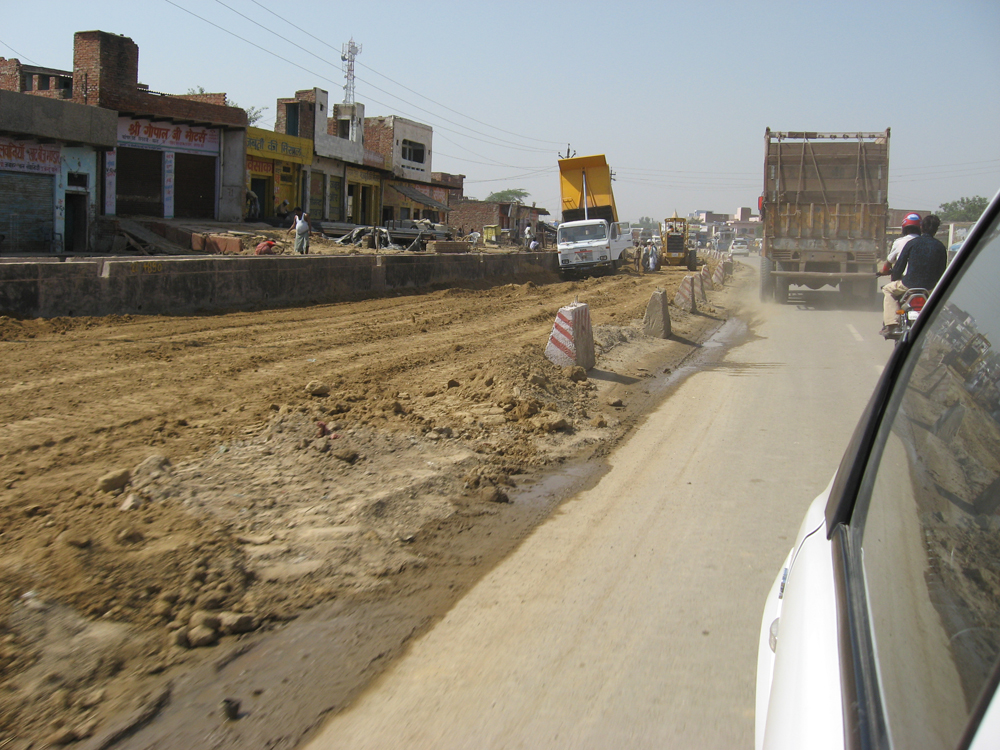
For example, Uttar Pradesh State Government in Northern India has recently awarded the 296km four lane access controlled, Bundelkhand Expressway project. The mega express way divided into six packages, will expand the expressway work in the state by 1,192km by 2021-22.
Though the Indian Union and state governments has set a mammoth target for developing its road infrastructure, the ongoing Covid19 crisis, has resulted acute shortage of construction workers, including skilled equipment operators, with large numbers of them making a mass exodus for their home towns and villages. This has left the contractors having to operate with only 20% of their usual workforce. Further, there is looming issue of dearth of liquidity with the government. Noticeably, under compelling factors, resulting out of the fall out of the Covid 19 pandemic, the Union Government, under the present ruling Bhartiya Janata Party, is looking to divert available funds for welfare schemes. This includes direct employment, creation of healthcare facilities (specialty Covid 19 treatment centres) as assembly elections are due in some Eastern Indian states. Above all, there are restrictions on availability of obtaining finance for purchase of new equipment by contractors and hirers. This is owing to the very hard stance taken by India’s Central Reserve Bank to curtail creation of fresh nonperforming assets. All which has been raising apprehensions on the government’s ability to meet the target.
While shortage of liquidity continues to be a major issue with many major Indian Road Contractors, equipment owners and hiring agencies, inflation also continues to remain high, with rising fuel prices. Besides, there are prevailing issues of land acquisitions.
Looking to bypass the issues, RK Pandey, member (Projects), NHAI, explained, “The projects are being only awarded where 90% of the land has been acquired. We are ensuring that the projects do not get stalled due to arbitration, by setting up a conciliation committee. This has been able to resolve close to 22 cases.” It is estimated that close to 70,000 crore worth of projects are blocked in the Indian Highway sector. Further to minimise the costs of construction, NHAI is working on newer design methodologies and design amendments. Pandey commented, “The New Delhi- Mumbai Corridor will be 200km shorter in alignment.”
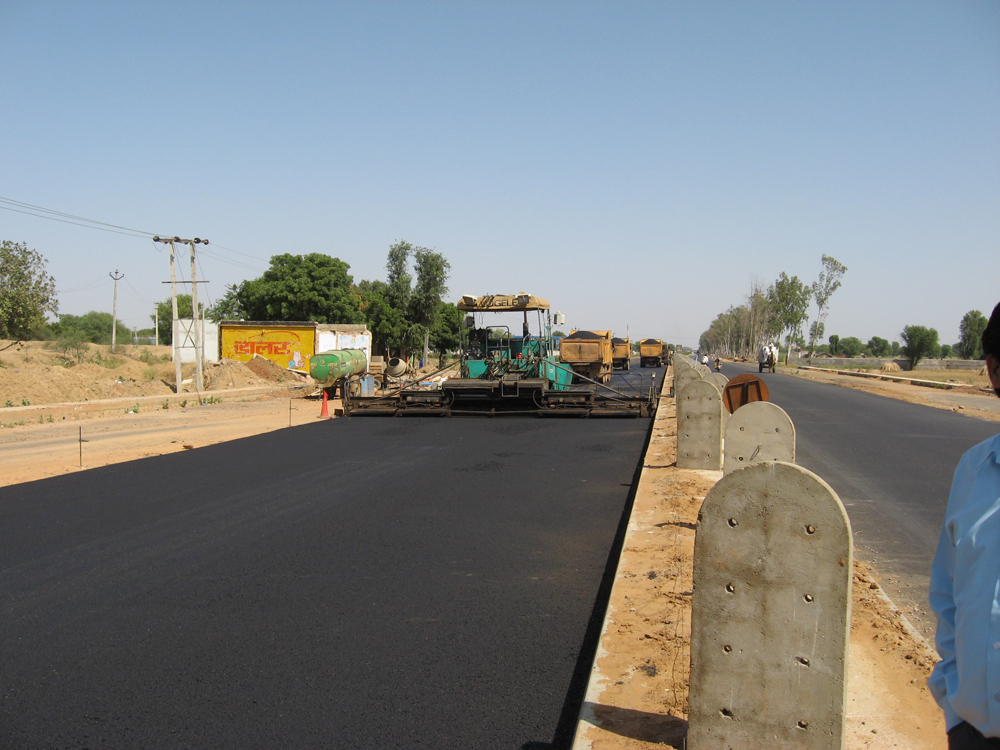
Speaking at a recent webinar, that was attended by World Highways, India’s Union Minister of Road Transport and Highways ( MoRTH), Nitin Gadkari addressing major Indian Road contractors on the issues of rising material prices and delayed implementation of road projects, resulting towards higher costs overruns, mentioned, “Cost of construction can be reduced by using different types of materials. Savings using bitumen, concrete designs of flyovers from competent consultants can go on towards curtailing costs in a major way. Industry may come to me with new technology and I will consider their request.” On delayed implementation of highway projects he said, “I am of the opinion that we should issue an order whereby without Ministry’s permission, NHAI should not constitute any committee. They have become so dependent that every person tries to avert decision making at his end. There is also negativity and those who have a positive mind-set are afraid to take decisions and forward it to committees that consumes a lot of time.”
He also said “MoRTH will fix the responsibility in case when the court gives a decision against the Ministry and on the basis of that it should be seen who is accountable for such a decision. To further improve, pace of decision making, we will sit together and work on reforms for NHAI. Besides, we will work on performance audit system, so decision making is fast tracked.”
Gadkari commented, “For ease of doing business we need - positivity, transparency, corruption free system. Performance audit should be conducted and decision making should be fast-tracked.”
He also informed about a project management consultancy scheme, that has been finalised by the Ministry, for induction more advanced technologies for faster project execution.”
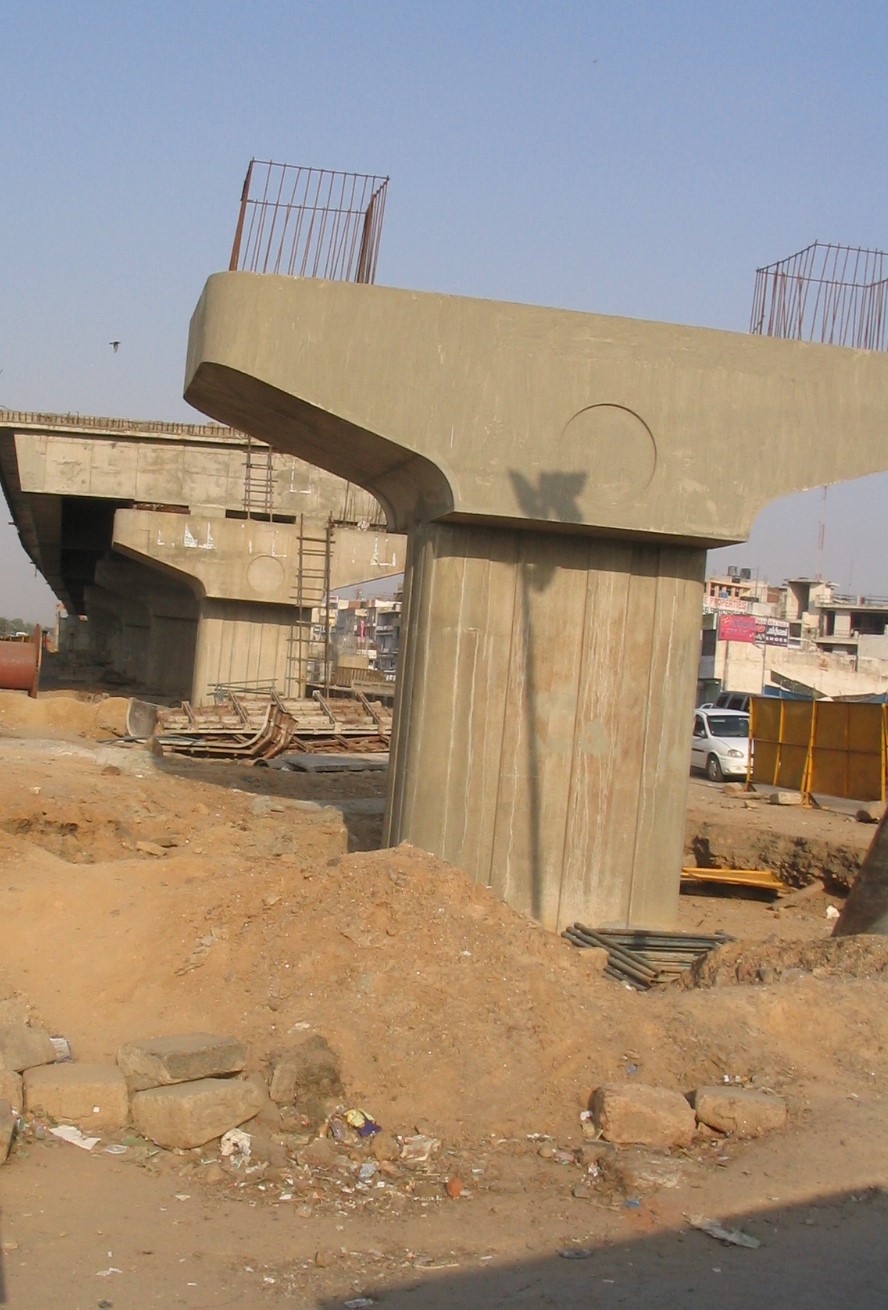
The positive initiatives, and the more very recent ones by the Indian government by extending the loan repayment period for six months, partial bank guarantee, reduction in repo rates, which is expected to be viable for repayment of high cost loans is yet to raise the sentiments among contractors to higher 2018-19 levels. However, Jaswinder Singh Bakshi, senior vice president- Commercial Finance Head Construction Equipment & Commercial Vehicle Finance, Tata Capital Financial Services Limited and Convenor Finance Panel, Indian Construction Equipment Manufacturers Association said, “ There has been a spurt in cases of financial foreclosures by some major contractors and subcontractors with large equipment fleets. On a positive note, there has also been some traction on off take of finance as well since June 2020. This is following the first quarter, under Covid 19 lockdown. However, progress of monsoon will be highly decisive on fresh off take of loans. He pointed out, “With some improvements in cash flow situation, there have been enquiries for excavators, compactors, crushing and screening equipment between 150-300tonnes/hour.”
While there is increased thrust on higher levels of mechanisation for projects execution, there are challenges with subcontractors and hirers for making owning and operating costs affordable, owning to restricted cash flows. This is both for owning and operating the equipment. In recent development, post beginning of lockdown, most of the equipment manufacturers, to counter this issue, have extended their product warranty periods.
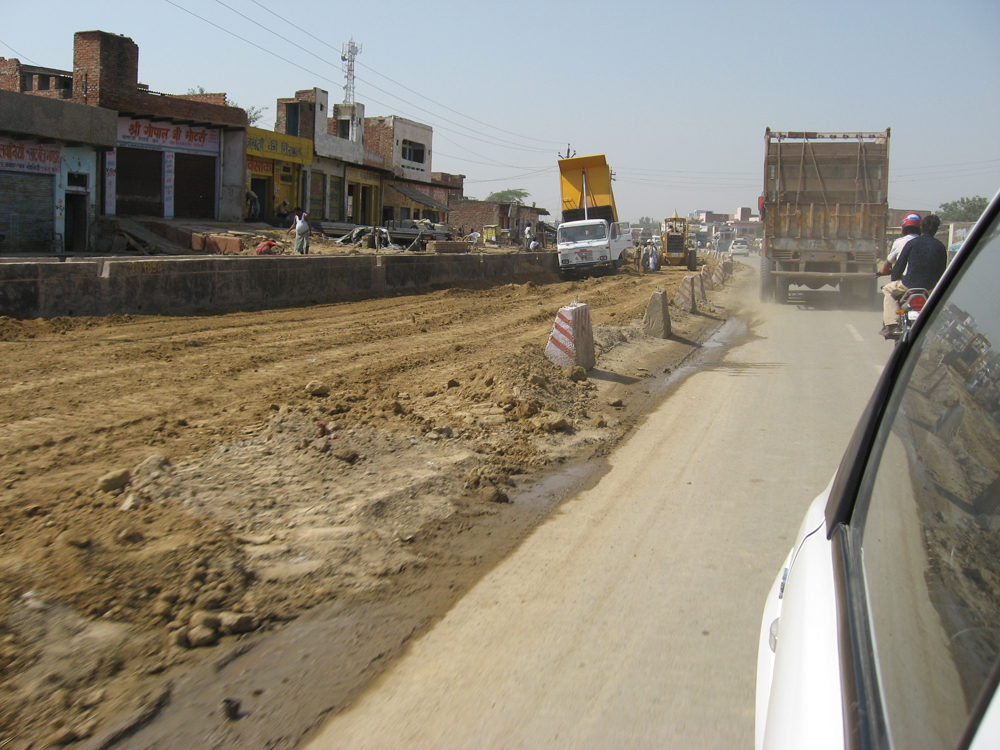
Equipment leasing is also being seen an ideal solution to make owning and operating costs affordable. Munish Taneja, president-Equipment Solutions, Rental, Used and New Machines, India Bulls Store One, a major equipment leasing and rental agency said, “With limitations in cash, many large contractors are offloading their equipment owning liabilities. This is paving the way for equipment leasing and hiring in India. Due to very tight projects completion schedule, contractors are looking for higher availability of machinery at discounted operating prices without actually owning them. Besides, they are asking for value added services like, flexibility in rental period, full maintenance contracts, skilled operation of equipment, so they can focus solely on project execution. We are aligning our products and services based on the emerging requirements by reworking our rental rates.” India Bulls possesses a fleet of 700 units. It proposes to expand its fleet this year through new purchases.
However, conclusively, there remain concerns with equipment manufacturers, as pressure on product margins has been compelling them to make services costlier. Many of the Indian crushing and screening and rigid dump trucks manufacturers have been urging to make spare parts funding affordable for the, new generation advanced equipment across its lifecycle for its higher availability.





